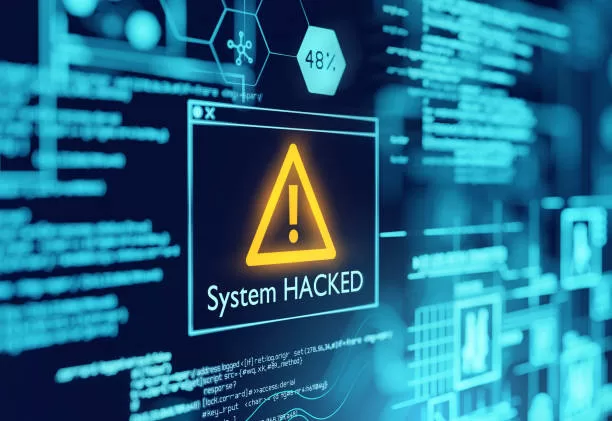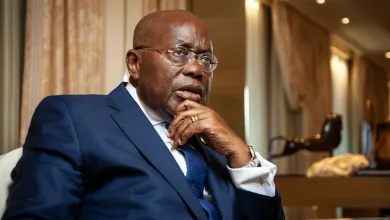A tide of concern is washing over the West as top officials in the US and UK raise the alarm on a growing cyber threat emanating from China.
This week, a security conference in Birmingham, England, became the stage for a chorus of warnings. Anne Keast-Butler, the newly appointed director of Britain’s GCHQ spy agency, declared China a “genuine and increasing cyber risk” to the UK. She went further, stating that China’s “coercive and destabilising actions” threatened the very fabric of international norms, making their cyber activities a top priority for GCHQ.
These concerns echo sentiments expressed by British Prime Minister Rishi Sunak just a day earlier. Sunak warned of a looming threat from an “axis of authoritarian states” that included China alongside Russia, Iran, and North Korea. This warning came alongside British prosecutors charging three individuals with assisting China’s foreign intelligence service in the UK, a move China vehemently denies.
The US shares the UK’s anxieties. U.S. National Cyber Director Harry Koker painted a chilling picture of Chinese military hackers bypassing American defenses and targeting critical infrastructure at an “unprecedented scale.” Koker went on to warn that in a potential conflict, China could leverage its cyber capabilities to cripple civilian infrastructure and deter US military action.
Tensions are further inflamed by recent accusations. Last month, US officials confronted China regarding “Volt Typhoon,” a large-scale cyberespionage campaign. This campaign saw Chinese hackers infiltrate dozens of American critical infrastructure organizations, utilizing a vast network of compromised computers and servers.
China, as always, maintains its innocence. Beijing has consistently denied accusations of cyberespionage and malicious activity, dismissing the UK charges as “fabricated.”
The stage is set for a period of heightened tension in cyberspace. The West is increasingly worried about China’s growing cyber capabilities, while China remains defiant. Whether this translates into actual conflict or fosters cooperation to establish new norms in cyberspace remains to be seen.




